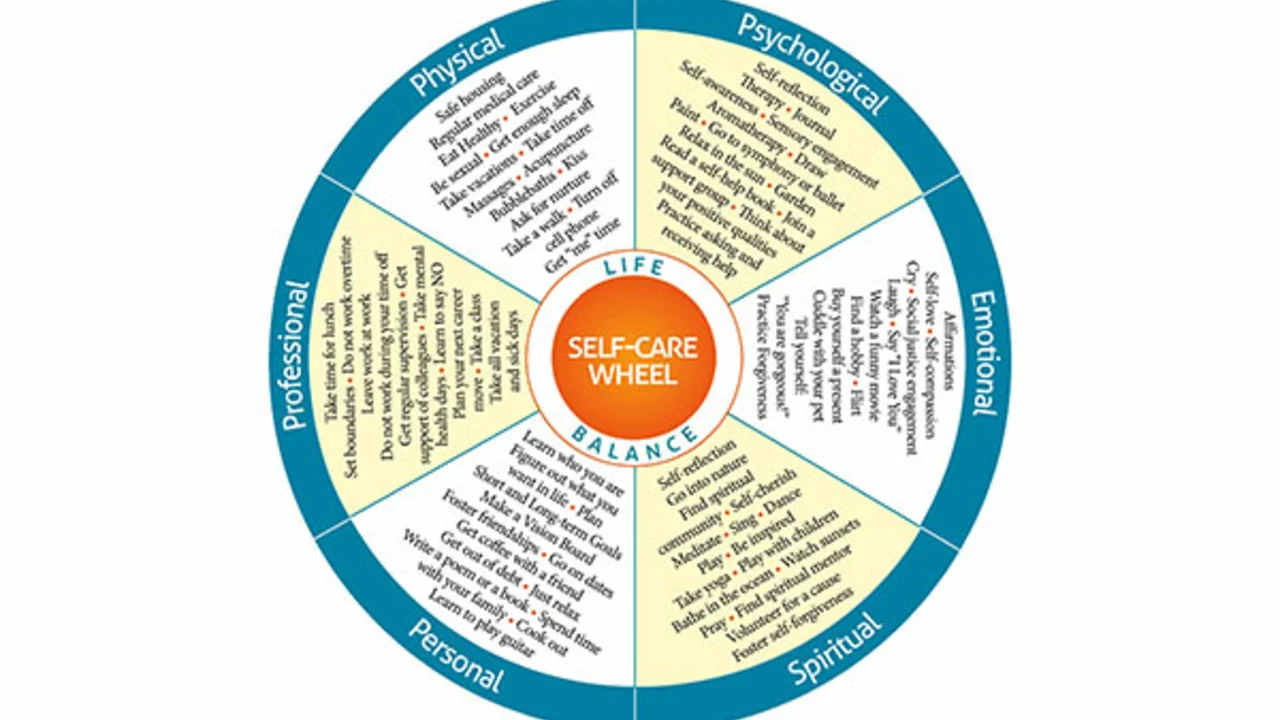Want to stay healthier with less stress? Focus on a few concrete habits: keep your medications straight, track a handful of tests, and use trusted sources for supplements and medicines. Those actions prevent most surprises—fewer side effects, fewer ER runs, and better long-term results.
Set one routine and stick to it. Use a pill organizer or phone alarm for meds. Measure blood pressure at home if you or your family has hypertension; write readings in a log and bring them to appointments. Check your weight and waist once a week—small trends matter more than a single day.
Sleep, movement, and food are the basics. Aim for 7–8 hours, 150 minutes of moderate exercise a week, and a mix of vegetables, protein, and whole grains. Hydration helps digestion and energy—carry a refillable bottle. If weight, mood, or sleep change suddenly, note it and tell your clinician.
Review your meds every 6–12 months with a healthcare pro. For cholesterol meds like simvastatin, expect a lipid panel 4–12 weeks after starting or changing dose, then yearly if stable. If you’re on blood pressure drugs or valsartan, track blood pressure and kidney labs (creatinine, potassium) as advised. For long-term acid reducers (PPIs), ask about ongoing need and watch for side effects—regular reviews cut unnecessary use.
Seniors need extra caution: some allergy drugs and sleep aids affect balance and thinking. If you care for an older adult, check each new med for dizziness or interaction risks. Keep a single, up-to-date med list (paper and digital) to avoid duplication and dangerous combos.
Supplements can help but aren’t harmless. Buy standard items (vitamin D, calcium if needed) from reputable brands, and tell your provider about everything you take. Herbs like chuchuhuasi or blue cohosh have traditional uses but can interact with meds—get medical advice first.
Think before ordering online. Use pharmacies with clear contact info, verified licenses, and good reviews. Our site looks at online options and highlights red flags—fake sites, no prescription requirement, or prices that look too good to be true. If you’re unsure, call your doctor or local pharmacy to confirm a product or supplier.
Want quick reads on specific issues? We have guides on buying simvastatin safely, managing PPIs, switching asthma plans, and safer online pharmacy choices. Browse those posts if you need details on a medicine or condition.
Small habits and regular check-ins with a clinician go a long way. Keep records, ask questions, and be cautious with online deals. When in doubt, talk to your healthcare provider before changing meds or starting new supplements.

Immunodeficiency is a health condition where the body's defense system isn't as strong as it should be, making us more susceptible to infections and diseases. It's incredibly important for those with this condition to practice self-care to ensure they stay as healthy as possible. This includes maintaining a balanced diet, regular exercise, staying hydrated and getting enough sleep. Mental health care is also crucial as stress can further weaken the immune system. Remember, self-care is not selfish; it's necessary, especially when dealing with immunodeficiency.
View more